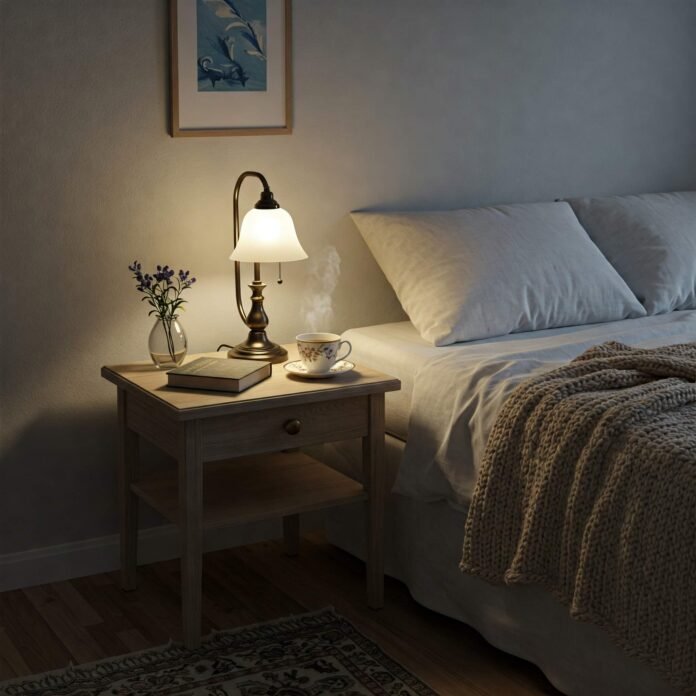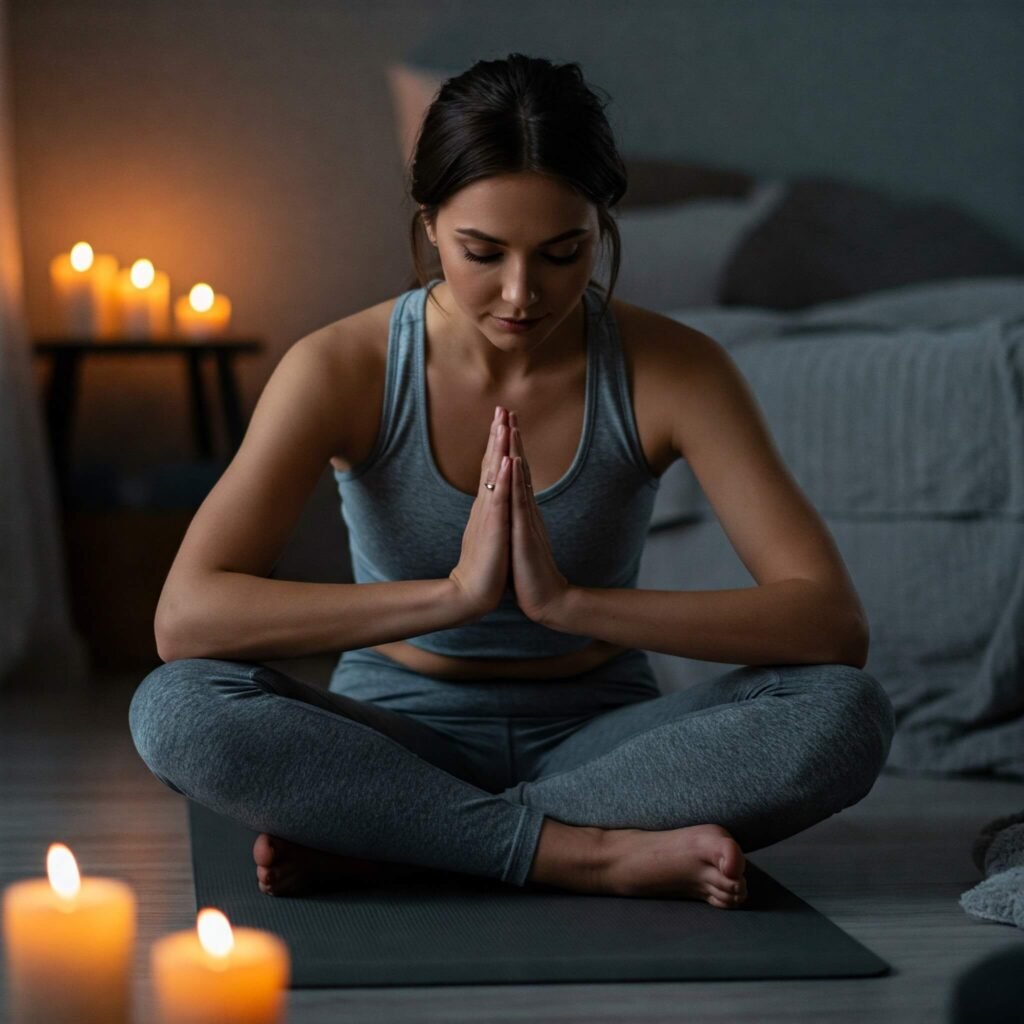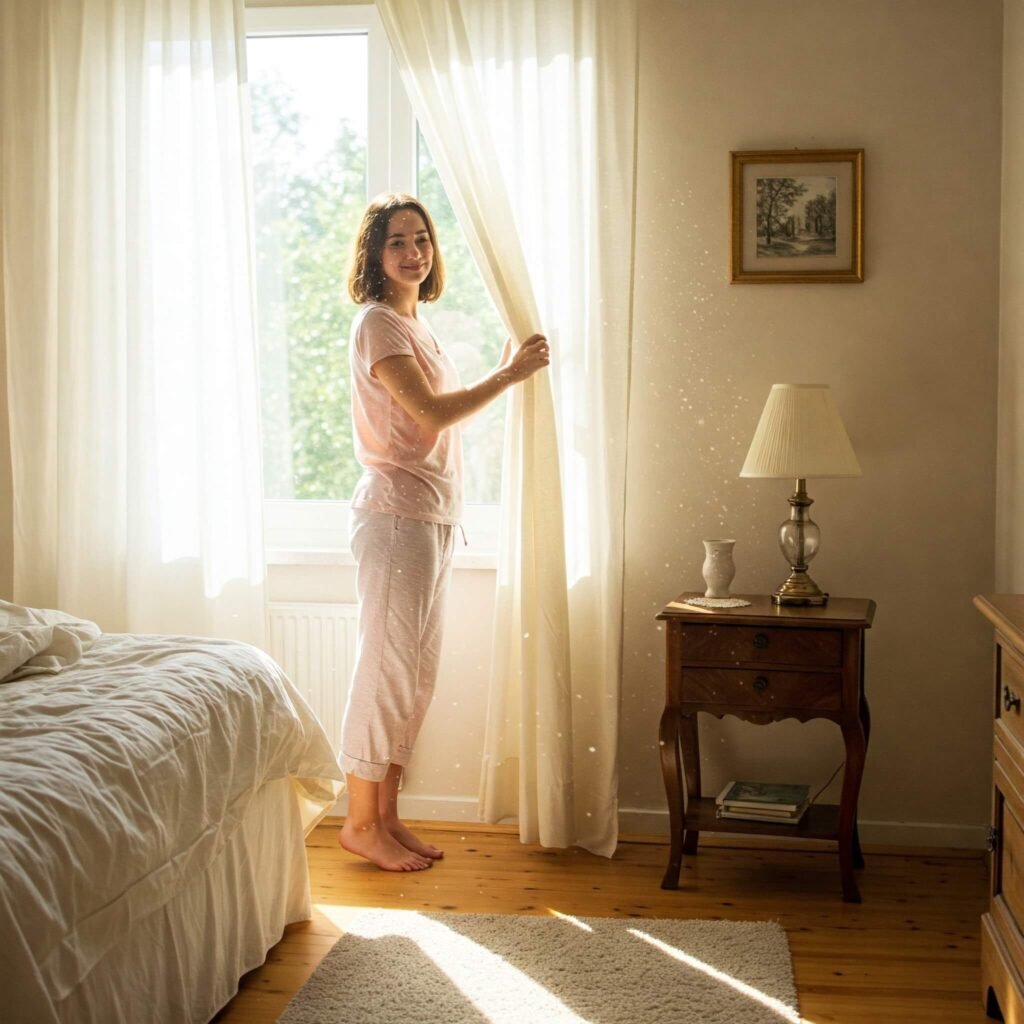
Are you tossing and turning at night, struggling to fall asleep, or waking up feeling groggy? You’re not alone—millions of people worldwide face sleep challenges. The good news? Sleep hygiene tips can transform your nights and help you wake up refreshed. Sleep hygiene refers to healthy habits and practices that promote better sleep quality and daytime alertness. In this guide, we’ll share 10 actionable sleep hygiene tips, backed by science, to help you improve your sleep and feel your best.
Why Sleep Hygiene Matters for Better Sleep
Poor sleep can affect your mood, productivity, and even physical health. According to the National Sleep Foundation, adults need 7–9 hours of quality sleep per night, yet many fall short due to poor sleep habits. By adopting sleep hygiene tips, you can create a bedtime routine that signals your body it’s time to rest, leading to deeper, more restorative sleep.

10 Sleep Hygiene Tips to Improve Your Sleep Quality
Here are 10 proven strategies to enhance your sleep hygiene and wake up feeling refreshed. Each tip is easy to implement and designed to fit into your daily life.
1. Stick to a Consistent Sleep Schedule
Your body thrives on routine. Going to bed and waking up at the same time every day—even on weekends—helps regulate your internal clock.
- How to do it: Set a bedtime that allows for 7–9 hours of sleep and stick to it. Use an alarm for both bedtime and wake-up.
- Example: Sarah, a busy mom, started going to bed at 10 PM and waking up at 6 AM. Within a week, she noticed falling asleep faster and feeling more energized.
Outbound Link: Learn more about circadian rhythms at Harvard Health.
2. Create a Relaxing Bedtime Routine
A calming pre-sleep routine signals your brain to wind down. Incorporate sleep hygiene tips like reading or meditating to ease into sleep.
- Ideas for your routine:
- Read a book for 15 minutes.
- Practice deep breathing or gentle yoga.
- Avoid screens 30–60 minutes before bed.

3. Optimize Your Sleep Environment
Your bedroom should be a sleep sanctuary. A cool, dark, and quiet space promotes better sleep.
- Tips for a sleep-friendly bedroom:
- Keep the room temperature between 60–67°F (15–20°C).
- Use blackout curtains to block light.
- Invest in a comfortable mattress and pillows.
Outbound Link: Check out Sleep.org for mattress recommendations.
4. Limit Screen Time Before Bed
The blue light from phones, tablets, and computers suppresses melatonin, a hormone that regulates sleep. Reducing screen time is a key sleep hygiene tip.
- How to do it: Use blue-light-blocking glasses or enable “night mode” on devices. Better yet, avoid screens 1–2 hours before bed.
- Data point: A 2020 study in Sleep Medicine found that reducing screen time before bed improved sleep onset by 20%.
5. Watch What You Eat and Drink
Your diet impacts sleep quality. Avoid heavy meals, caffeine, and alcohol close to bedtime.
- Sleep-friendly eating habits:
- Finish dinner 2–3 hours before bed.
- Limit caffeine after 2 PM.
- Opt for a light snack, like a banana or almonds, if hungry.
Outbound Link: Explore sleep-friendly foods at WebMD.
6. Get Regular Exercise
Physical activity promotes better sleep, but timing matters. Aim for at least 30 minutes of exercise most days, but avoid vigorous workouts close to bedtime.
- Best practices:
- Try morning or early afternoon workouts.
- Activities like walking, yoga, or swimming are great for sleep health.
7. Manage Stress and Anxiety
Stress can keep you up at night. Incorporating relaxation techniques into your sleep hygiene tips can help calm your mind.
- Techniques to try:
- Journaling to offload worries.
- Progressive muscle relaxation.
- Guided meditation apps like Calm or Headspace.

8. Limit Naps During the Day
While short naps (20–30 minutes) can be refreshing, long or late naps can disrupt nighttime sleep.
- Nap smart:
- Nap before 3 PM.
- Keep naps under 30 minutes to avoid grogginess.
9. Expose Yourself to Natural Light
Daylight exposure helps regulate your circadian rhythm, making it easier to fall asleep at night.
- How to do it: Spend 15–30 minutes outside each morning or use a light therapy box if sunlight is limited.
Outbound Link: Read about light therapy at Mayo Clinic.
10. Seek Professional Help if Needed
If you’ve tried sleep hygiene tips and still struggle with sleep, it may be time to consult a doctor. Conditions like insomnia or sleep apnea could be at play.
- When to seek help:
- You can’t fall asleep after 20 minutes most nights.
- You wake up frequently or feel unrefreshed despite enough sleep.
Common Sleep Hygiene Mistakes to Avoid
Even with the best intentions, some habits can sabotage your sleep hygiene. Here are pitfalls to watch out for:
- Using your bed for non-sleep activities: Reserve your bed for sleep and intimacy only. Working or watching TV in bed can confuse your brain.
- Ignoring sleep disorders: Don’t dismiss chronic sleep issues as “normal.” Seek help if needed.
- Overdoing caffeine: Even morning coffee can linger in your system and disrupt sleep.
Final Thoughts: Start Improving Your Sleep Today
Better sleep is within reach with these sleep hygiene tips. Start small—pick one or two tips, like sticking to a sleep schedule or creating a bedtime routine, and build from there. Over time, these healthy sleep habits will help you fall asleep faster, stay asleep longer, and wake up refreshed.
Ready to transform your nights? Share your favorite sleep hygiene tip in the comments or try one of these strategies tonight!































